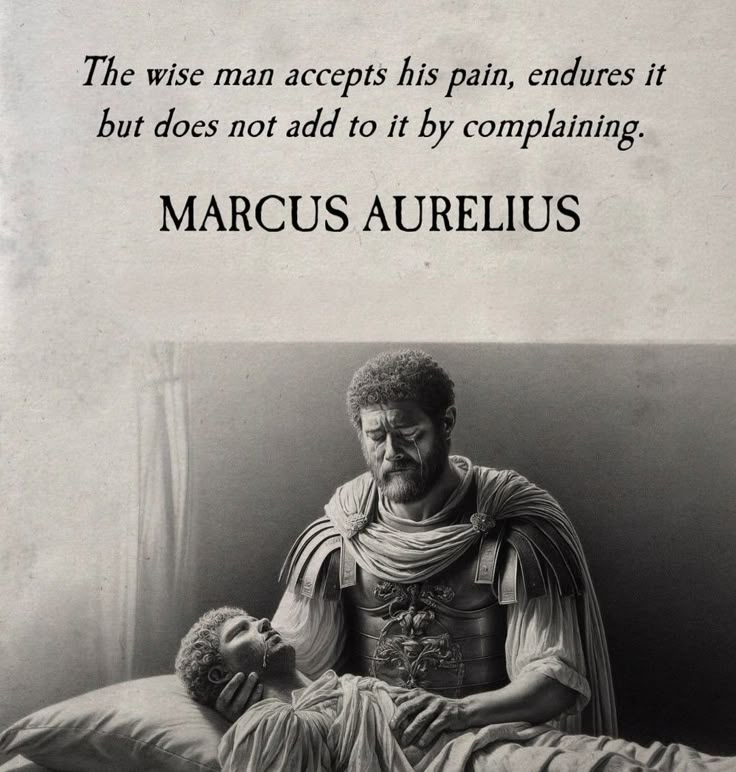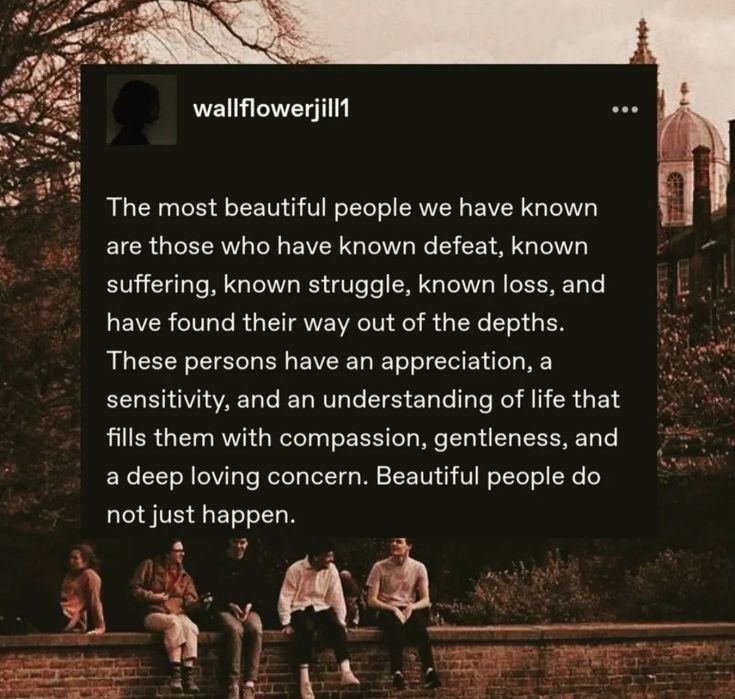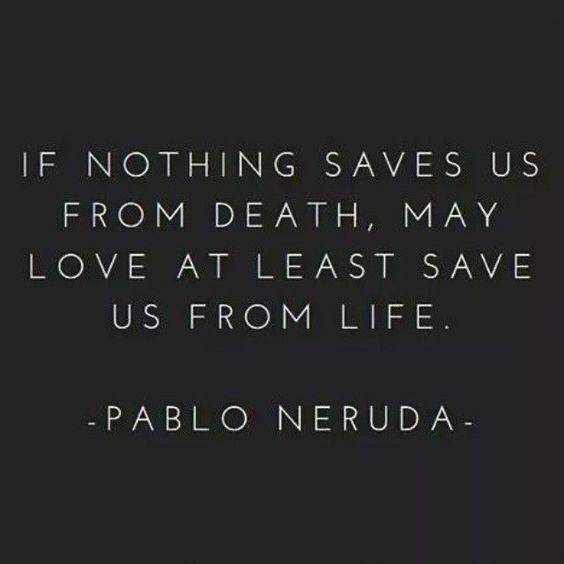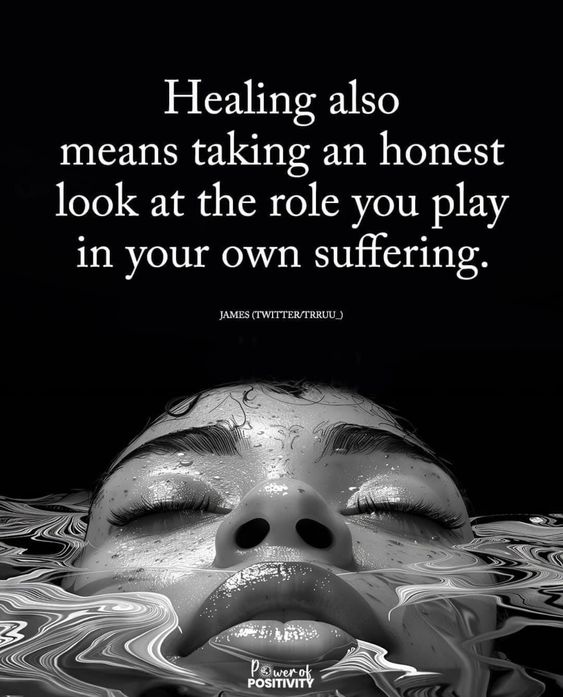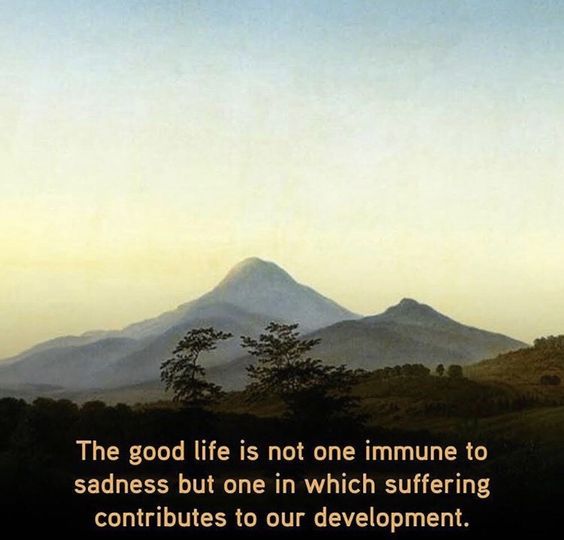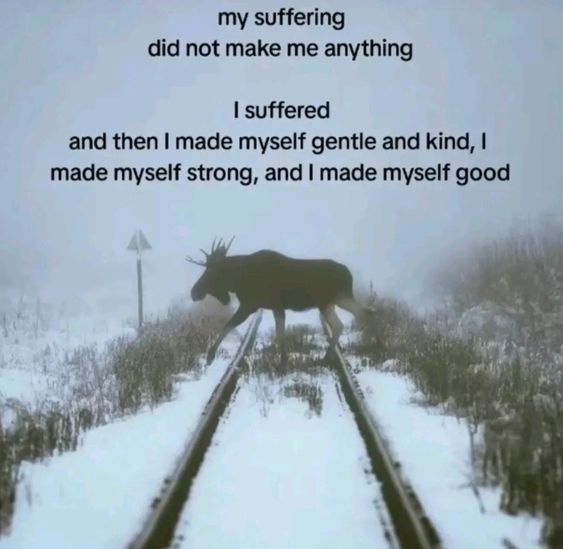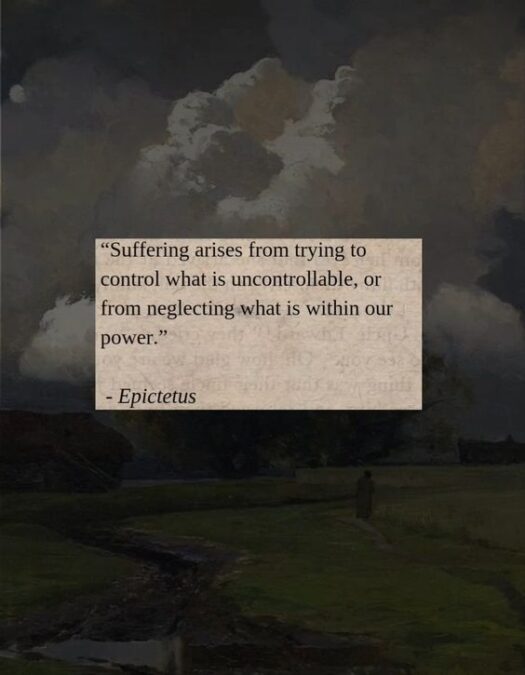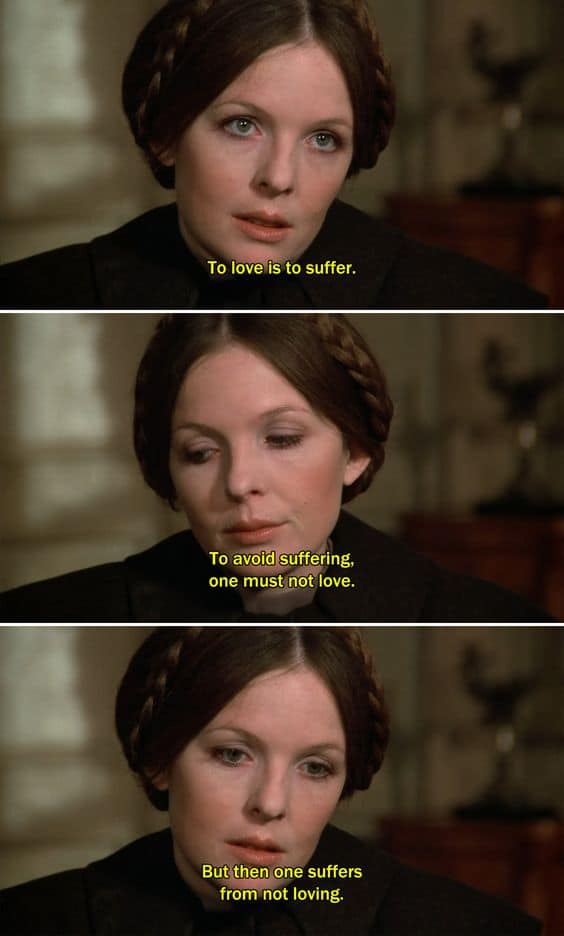Imagine life without craving, attachment, or desire…
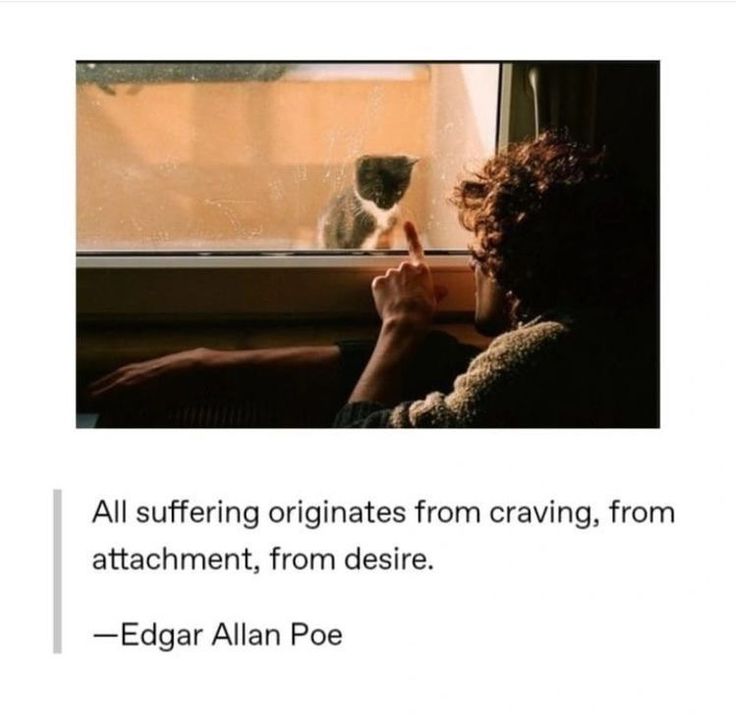
Read Matt’s Blog inspired by this quote ➜
“Happiness and suffering, however extreme, are mental events. The mind depends upon the body, and the body upon the world, but everything good or bad that happens in your life must appear in consciousness to matter. This fact offers ample opportunity to make the best of bad situations—changing your perception of the world is often as good as changing the world—but it also allows a person to be miserable even when all the material and social conditions for happiness have been met. During the normal course of events, your midn will determine the quality of your life.”
Sam Harris, Waking Up (Page 204)
“…All this may raise a concern about whether the ideal of enlightenment is a false one. Is true freedom even possible? It certainly is in a momentary sense, as any mature practitioner of meditation knows, and those moments can increase in both number and duration with practice. Therefore, I see no reason why a person couldn’t perfectly banish the illusion of the self. However, just the ability to meditate—to rest as consciousness for a few moments prior to the arising of the next thought—can offer a profound relief from mental suffering. We need not come to the end of the path to experience the benefits of walking it.”
Sam Harris, Waking Up (Page 171)
“We spend our lives lost in thought. The question is, what should we make of this fact? In the West, the answer has been ‘Not much.’ In the East, especially in contemplative traditions like those of Buddhism, being distracted by thought is understood to be the very wellspring of human suffering. From the contemplative point of view, being lost in thoughts of any kind, pleasant or unpleasant, is analogous to being asleep and dreaming. It’s a mode of not knowing what is actually happening in the present moment. It is essentially a form of psychosis. Thoughts themselves are not a problem, but being identified with thought is. Taking oneself to be the thinker of one’s thoughts—that is, not recognizing the present thought to be a transitory appearance in consciousness—is a delusion that produces nearly every species of human conflict and unhappiness. It doesn’t matter if your mind is wandering over current problems in set theory or cancer research; if you are thinking without knowing you are thinking, you are confused about who and what you are.”
Sam Harris, Waking Up (Page 101)
“My suffering was entirely the product of my thoughts. Whatever the needs of the moment, I had a choice: I could do what was required calmly, patiently, and attentively, or do it in a state of panic. Every moment of the day—indeed, every moment throughout one’s life—offers an opportunity to be relaxed and responsive or to suffer unnecessarily.”
Sam Harris, Waking Up (Page 95)
“In one sense, the Buddhist concept of enlightenment really is just the epitome of ‘stress reduction’—and depending on how much stress one reduces, the results of one’s practice can seem more or less profound. According to the Buddhist teachings, human beings have a distorted view of reality that leads them to suffer unnecessarily. We grasp at transitory pleasures. We brood about the past and worry about the future. We continually seek to prop up and defend an egoic self that doesn’t exist. This is stressful—and spiritual life is a process of gradually unraveling our confusion and bringing this stress to an end. According to the Buddhist view, by seeing things as they are, we cease to suffer in the usual ways, and our minds can open to states of well-being that are intrinsic to the nature of consciousness.”
Sam Harris, Waking Up (Page 48)
“I remembered how when I was a child I would slip my cold feet between my mother’s thighs to warm them. How she’d shiver and whisper that she would always suffer to bring me comfort, that that was how you knew someone really loved you. I remembered the boots she’d broken in so that by the time I got them I could go on unbothered, without harm. Now, more than ever, I wished desperately for a way to transfer pain, wished I could prove to my mother just how much I loved her, that I could just crawl into her hospital cot and press my body close enough to absorb her burden. It seemed only fair that life should present such an opportunity to prove one’s filial piety. That the months my mother had been a vessel for me, her organs shifting and cramping together to make room for my existence, and the agony she’d endured upon my exit could be repaid by carrying this pain in her place. The rite of an only daughter. But I could do no more than lie nearby, ready to be her advocate, listening to the slow and steady beeping of machinery, the soft sounds of her breathing in and out.”
Michelle Zauner, Crying in H Mart (Page 86)
“Try to imagine a life without timekeeping. You probably can’t. You know the month, the year, the day of the week. There is a clock on your wall or the dashboard of your car. You have a schedule, a calendar, a time for dinner or a movie. Yet all around you, timekeeping is ignored. Birds are not late. A dog does not check its watch. Deer do not fret over passing birthdays. Man alone measures time. Man alone chimes the hour. And, because of this, man alone suffers a paralyzing fear that no other creature endures. A fear of time running out.”
Mitch Albom
“When the Hasidic pilgrims vied for who among them had endured the most suffering who was most entitled to complain, the Zaddik told them the story of the Sorrow Tree. On the Day of Judgment, each person will be allowed to hang all of his unhappiness on a branch of the great Tree of Sorrows. After each person has found a limb from which his own miseries may dangle, they may all walk slowly around the tree. Each is to search for a set of sufferings that he would prefer to those he has hung on the tree. In the end, each man freely chooses to reclaim his own personal set of sorrows rather than those of another. Each man leaves the tree wiser than when he came.”
Sheldon B. Kopp, If You Meet Buddha On The Road, Kill Him! (Page 17)
“People who have never suffered and have lived a convenient and comfortable life are almost dead. Their lives will not be like a sharp sword. It will not even cut vegetables. Intelligence becomes sharp when you face challenges. Pray every day to God, ‘Send me more challenges tomorrow, send more storms,’ and then you will know life at the optimum.”
Osho, Everyday Osho (Page 52)
